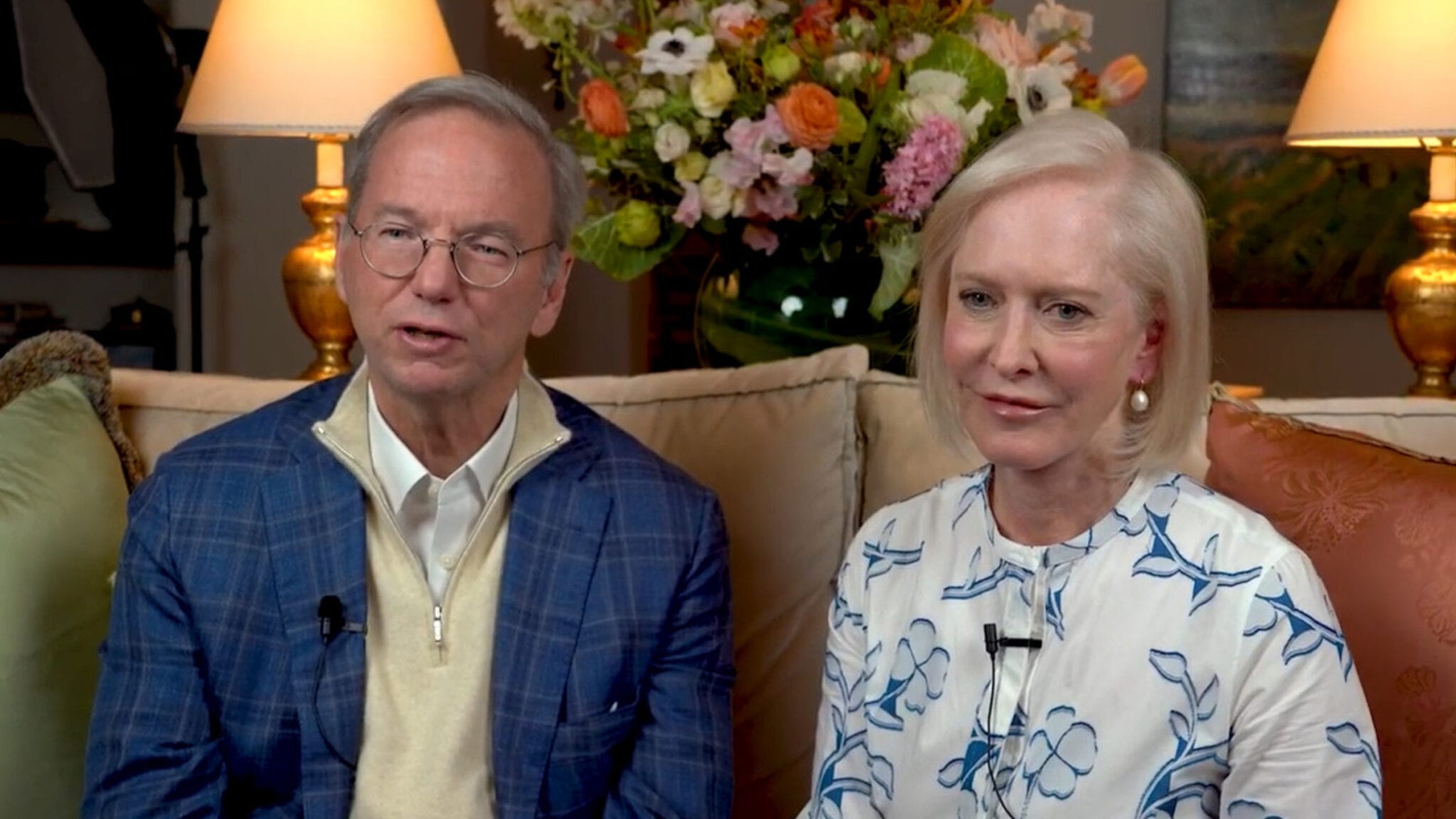
Eric and Wendy Schmidt (Broad Institute via YouTube)
Broad Institute opens new $300M center to answer 1 question: What's possible when you apply machine learning to biology?
In the midst of what director Todd Golub called two revolutions — one biological one and one computational — the Broad Institute is launching a new center …
Sign up to read this article for free.
Get free access to a limited number of articles, plus choose newsletters to get straight to your inbox.